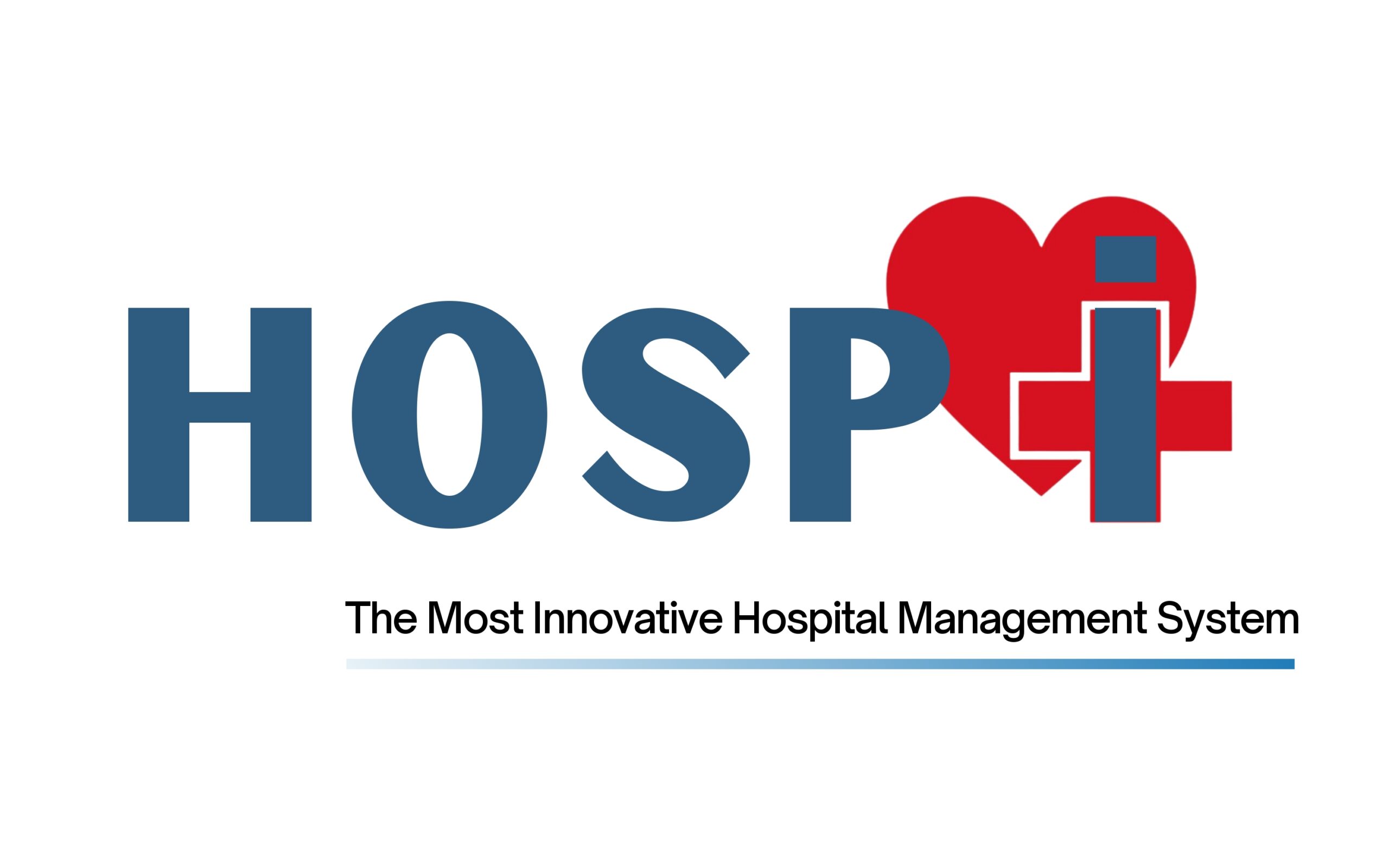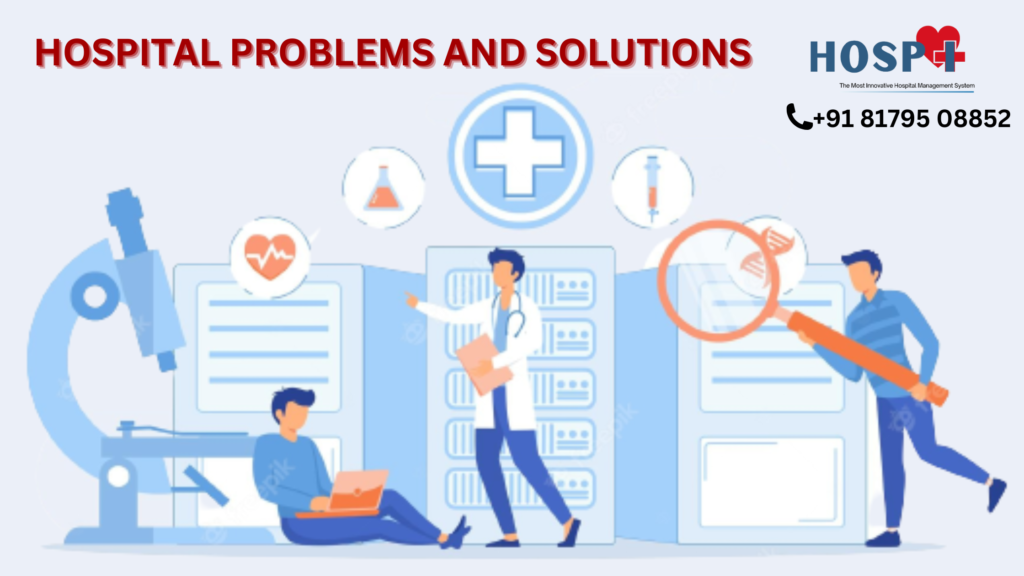As the COVID-19 pandemic rages on, hospitals around the world have been put under tremendous pressure to provide adequate care for patients. Many hospitals have had to adapt to new protocols and procedures to keep patients and staff safe, while others have struggled to keep up with the sheer volume of patients. Through this blog learn about the hospital problems and their solutions.
Examples
here are some examples of the problems faced by hospitals
- Staffing shortages: Hospitals rely on a wide variety of healthcare professionals, from doctors and nurses to lab technicians and support staff. When there aren’t enough people to go around, things can get hectic. Overworked and overtired staff may make mistakes and have miscommunications.
- Lack of resources: Hospitals need a lot of supplies to function properly, from masks and gowns to medications and ventilators. When there’s a shortage of any of these items, it can cause chaos. Staff may have to make difficult decisions about how to allocate resources, and patients may not get the care they need.
- Technology failures: Hospitals rely on a variety of technology to keep things running smoothly, from electronic health records to monitoring equipment. When these systems fail, it can cause delays and confusion. For example, if a patient’s electronic health record is down, staff may not have access to critical information about their medical history.
- Communication breakdowns: Effective communication is critical in any healthcare setting, but it can be particularly challenging in a busy hospital. Staff may be speaking different languages or using different terminology, which can lead to misunderstandings. Additionally, when staff are under stress, they may not communicate as clearly or effectively as they need to.
- Administrative issues: Hospitals are complex organizations with a lot of moving parts. When administrative processes aren’t working as they should, it can cause delays and frustration. For example, if it takes hours to get approval for a medical procedure, it can delay patient care and create additional stress for everyone involved.
What to Do:
- Don’t be afraid to ask for help. At certain times, everyone requires assistance, and it is perfectly normal to acknowledge and seek help when needed.
- Don’t give up. It may take time, but you can find a solution to your problem.
- Stay positive. A positive attitude c\will give you hope to survive the problem and grow.
- Break the problem down into smaller parts. This will create an impression of reduced intimidation and enhanced manageability..
- Get organized. Keep track of your ideas and solutions in a notebook or on a computer.
- Talk to others. Get input from friends, family, or colleagues.
- Don’t be afraid to experiment. Try different solutions and see what works best in your case.
- Identify the problem FAQs
- How often should hospitals assess patient satisfaction?
- Hospitals should assess patient satisfaction regularly, ideally on a monthly or quarterly basis. This allows for timely identification of issues and prompt corrective actions.
- What can hospitals do to improve staff morale?
- Hospitals can improve staff morale by fostering a positive work environment, providing opportunities for professional development, recognizing and rewarding staff achievements, and promoting work-life balance.
- How can hospitals optimize operational efficiency?
- Hospitals can optimize operational efficiency by streamlining processes, utilizing technology to automate tasks, improving communication and coordination among staff, and continuously monitoring and analyzing performance metrics.
- What are some common financial challenges faced by hospitals?
- Common financial challenges faced by hospitals include declining reimbursement rates, rising operational costs, and increasing competition. Implementing cost-control measures and exploring alternative revenue sources can help address these challenges.
- Why is problem identification important for hospital sustainability?
- Problem identification is crucial for hospital sustainability as it helps address issues that affect patient care, staff morale, and financial performance. By identifying and resolving problems, hospitals can enhance their overall operations and ensure long-term success.
- How often should hospitals assess patient satisfaction?
- Gather information
- Generate solutions
- Evaluate solutions
- Implement solution
- Celebrate your successes. Celebrate your success when you solve a problem. You deserve it!
Conclusion
Above we have just learnt about the problems faced by hospitals. All of these issues can create a “meshed up” environment in a hospital, which can be frustrating and stressful for staff and patients alike. Fortunately, there are steps that hospitals can take to mitigate these issues. For example, hospitals can invest in additional staff and resources to ensure that they have the capacity to meet patient needs. They can also implement technology solutions to improve communication and streamline administrative processes.
Ultimately, the key to reducing the “meshed up” feeling in hospitals is to focus on improving communication, streamlining processes, and prioritizing patient care. By doing so, hospitals can create a more efficient, effective, and stress-free environment for everyone involved. I will be updating this article frequently so that you have more relevant help. To read some more articles like this, Visit this site: https://hospi.info/blog/



